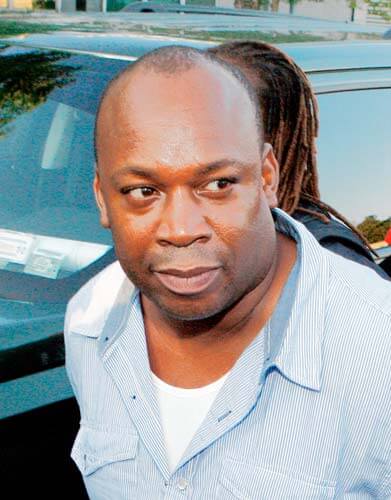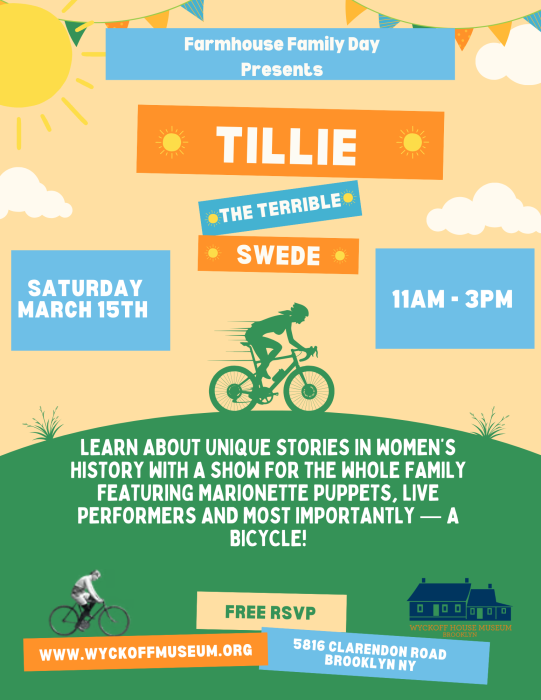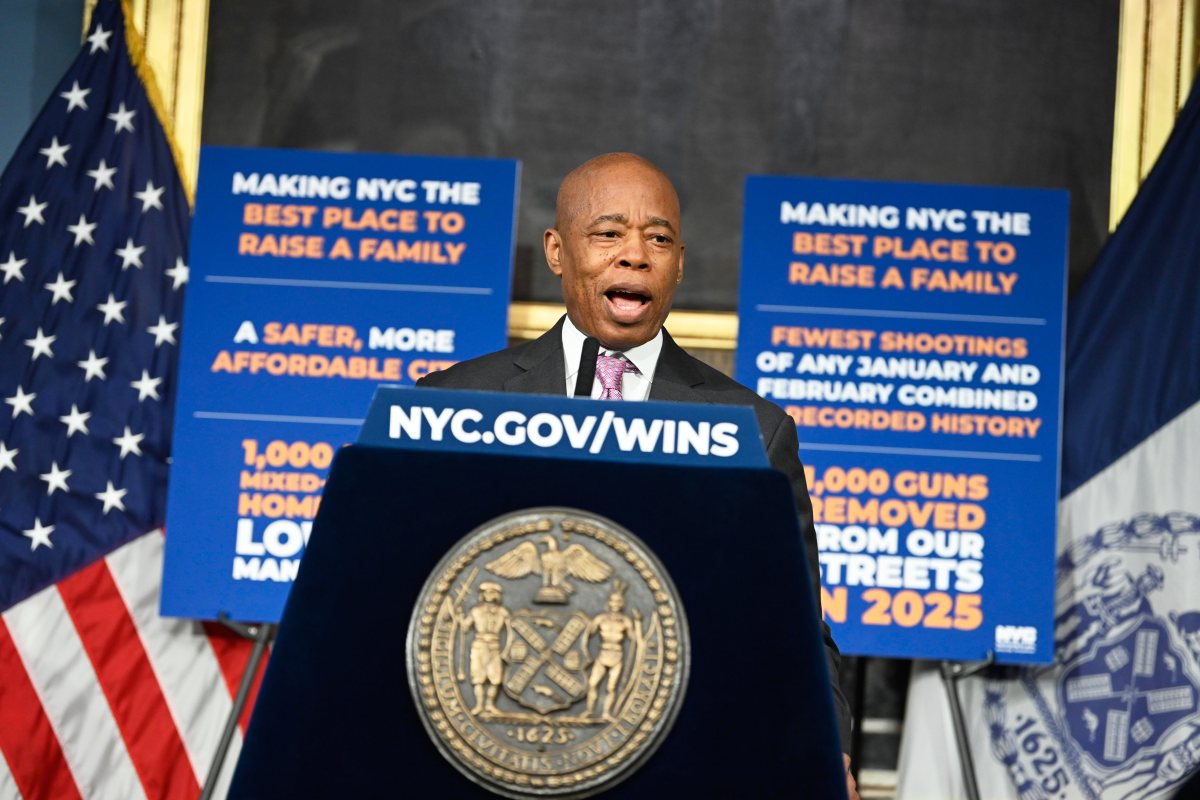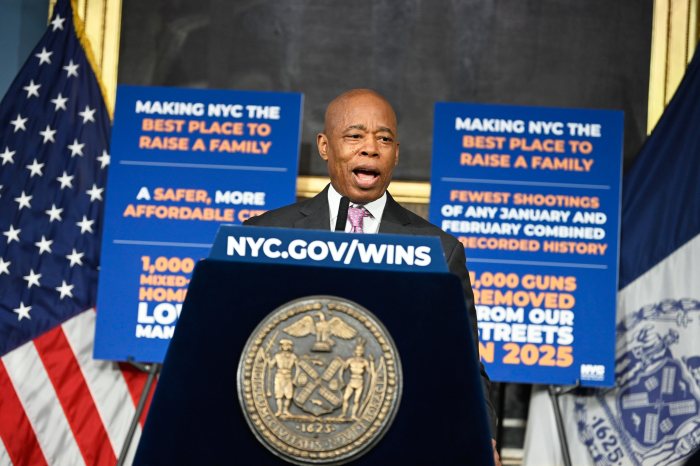There was a time when few television programs showcased the talents of African-Americans.
While nightly viewers of the popular Johnny Carson Show were bombarded with any number of white, dancers, comedians, poets, mimes, jugglers, musicians, acrobats and circus acts introduced by the host, only the most accomplished Blacks were invited for national exposure.
Dick Clark provided a similar opportunity to teenagers with an attempt at integrating “American Bandstand” with a handful of African-Americans.
Simultaneously, decades of Sundays were reserved for the Ed Sullivan Show and the variety spectacle that almost immediately spiraled unknowns into a sphere that encompassed the globe. And while those shows occasionally featured African-Americans, not a single television variety show focused primarily on the myriad of talented individuals residing throughout the nation’s Black communities.
Not until Ellis Haislip spotlighted the all-encompassing “Soul” on a local PBS Channel.
Later Don Cornelius narrowed the field with entertainment but opened the lens to a national program called “Soul Train.”
Born Sept. 27, 1936 in Chicago, Cornelius first distinguished himself with Black radio audiences working at the historic WVON radio station.
There he highlighted the music of numerous Black entertainers, including James Brown, Aretha Franklin, The Jackson Five, the Main Ingredients, Marvin Gaye, Stevie Wonder, Gladys Knight and many others.
The show opened with an animated, smoke-spouting, chugging locomotive that signaled the dawn of a new era and broadened the spectrum of America’s rainbow reality.
Nationalized from Los Angeles, California in 1971, the show had been a local Chicago hit when Cornelius took it to Hollywood.
The theme, producer Kenny Gamble of Philadelphia International said was enhanced from a whistle and instrumental to a musical chord sung by the Three Degrees.
What many of us now know is that the serious-minded, Afro-wearing, Cornelius was reluctant to change the theme. According to Gamble, he was apprehensive to surrender the winning soundtrack. However, when the recording by the Three Degrees launched “The Sound Of Philadelphia,” ‘Don called me and said I messed up.”
The hit track was another successful aspect in the history of the trailblazing presentation.
That Cornelius singlehandedly internationalized African-Americans in a positive and unprecedented fashion became evident when Europeans, Latin Americans, Asians and whites in America vied to be included.
The show introduced Caribbean artists and their reggae music. He and Bob Marley’s manager were long time friends. But who in Los Angeles did not know Don Taylor? Taylor supported Cornelius’ brainchild and at many awards presentations at the Shrine, would hold court with the likes of Danny Sims, and other record company elites. On occasion, groups such as Third World would make appearances. Later on a category dedicated to reggae was added to the roster of achieving Black talents.
Cornelius shone his spotlight on Asians, as well as others wanting to showcase talent ignored on other mainstream outlets.
His business acumen enabled him to convince Sears & Roebuck and George Johnson who made Ultra Sheen and other products to initially back his proposition is nothing short of genius.
Where Afro hairstyles were considered revolutionary, militant and intimidating to whites, Cornelius placed “bushy, nappy hair” in homes to promote the biggest and boldest hairstyles of the era.
There was no negative association to his ‘Gang.’
The Soul Train Gang was the most admired, fashion-savvy assembly in the entire United States. Each week they would line up, face a camera capturing their creative body movements and many would set the trend for America’s next dance craze.
The dancers would free-style down a path divided by two lines of supportive, uninhibited, creative and anxious dancers. As each pair of dancers move down the path, partners on each side of the line take turns to show-off individual routines which were often unique and challenging but mostly stylish. Among the young talents were M.C. Hammer, Jody Wattley, Pebbles, Vivica Fox, The Lockers, Cheryl Sung (Asian) Damita Jo Freeman, Rosie Perez (Puerto Rican), Toni Basil, Fred “Rerun” Berry, Pat Davis and Jeffrey Daniels.
Daniels is alleged to have taught the technique of moon walking to Michael Jackson.
And while showcasing new and developed talent formed the centerpiece of the weekly presentation, an interview segment, unscrambling a Scrabble board, and Cornelius’ introductions were unsurpassed.
“The way he introduced talent and made us appreciate them by saying ‘put your hands together for …’ is what made him special,” r&b singer Roberta Flack said in tribute to the visionary television presenter.
Since reports of his death on Feb. 1, the entertainment industry has been mourning his untimely passing. Nostalgic fans grouped in Chicago and here in Times Square last Saturday to respond to a flash mob tribute recalling the legacy and life of the trend setter.
Radio tributes to Cornelius dominated programming at KISS-FM and WBLS.
The news shocked many who heard in breaking news reports that the 75-year-old music pioneer had allegedly died from apparent self-inflicted gun-shot wounds.
Allegedly Cornelius was found dead in his home in Sherman Oaks, California home.
He will be remembered for initiating the Saturday morning television show that defined Black style and entertainment and ultimately helped create a medium regaled as Music Television (MTV).
After the success of the variety, music show, Cornelius established two award shows which laud the hit-sellers and producers — The Soul Train and Lady of Soul Awards.
“Soul Train” is the longest running syndicated show in television history.
Reportedly, that record will not be erased until 2016, when game-show “Wheel of Fortune” and the celebrity-driven, daily “Entertainment Tonight” reach the mark.
Cornelius was known for his smooth style and catch phrases, one of which signaled the end of the show and his exit. After thanking his guests he would invite viewers to tune in the following week because it was guaranteed entertainment: “… and you can bet your last money, it’s all gonna be a stone gas, honey!”
Simultaneous to raising the peace sign and a fist he would continue: “I’m Don Cornelius, and as always in parting, we wish you love, peace and soul!”
Catch you on the inside!























